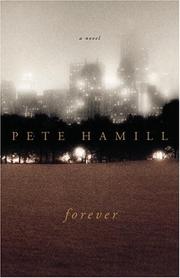

A sweet odor of burning turf fills the air. House is as it always is and as the boy thinks it will always be. Robert Carson goes in, flipping the iron latches made by his father, whose name is John Carson and is called simply Da. Smoke from the fire up through the stone chimney. During balmy summer days, the large door is always open, welcoming light and air into the house.

There's a low half-door too, placed in front of the full mahogany door like a snug woodenĪpron. The front door is mahogany, salvaged from some drowned ship along the shores of the Irish Sea, as tightly fitted in thatĭoorway now as any man could make it. He sees the small windows like tiny eyes in the face of the house, the glass reflecting the rising On other days, the early-morning sun throws a golden glaze upon its white facade.

The boy named Robert Carson loves gazing at that house, basking in its permanence and comfort. Standing there, he knows it will turn pale blue when the sun appears With a dark slate roof glistening in the morning drizzle. He is staring at the house where he lives: the great good Irish place of whitewashed walls, long and low, There he is, three days after his fifth birthday, standing barefoot upon wet summer grass. They gathered in secret, deep in the dripping glens, Chanting their prayers before a lichened rock. We took their temples from them and forbade them, for many years, to worship their strange idols.


 0 kommentar(er)
0 kommentar(er)
